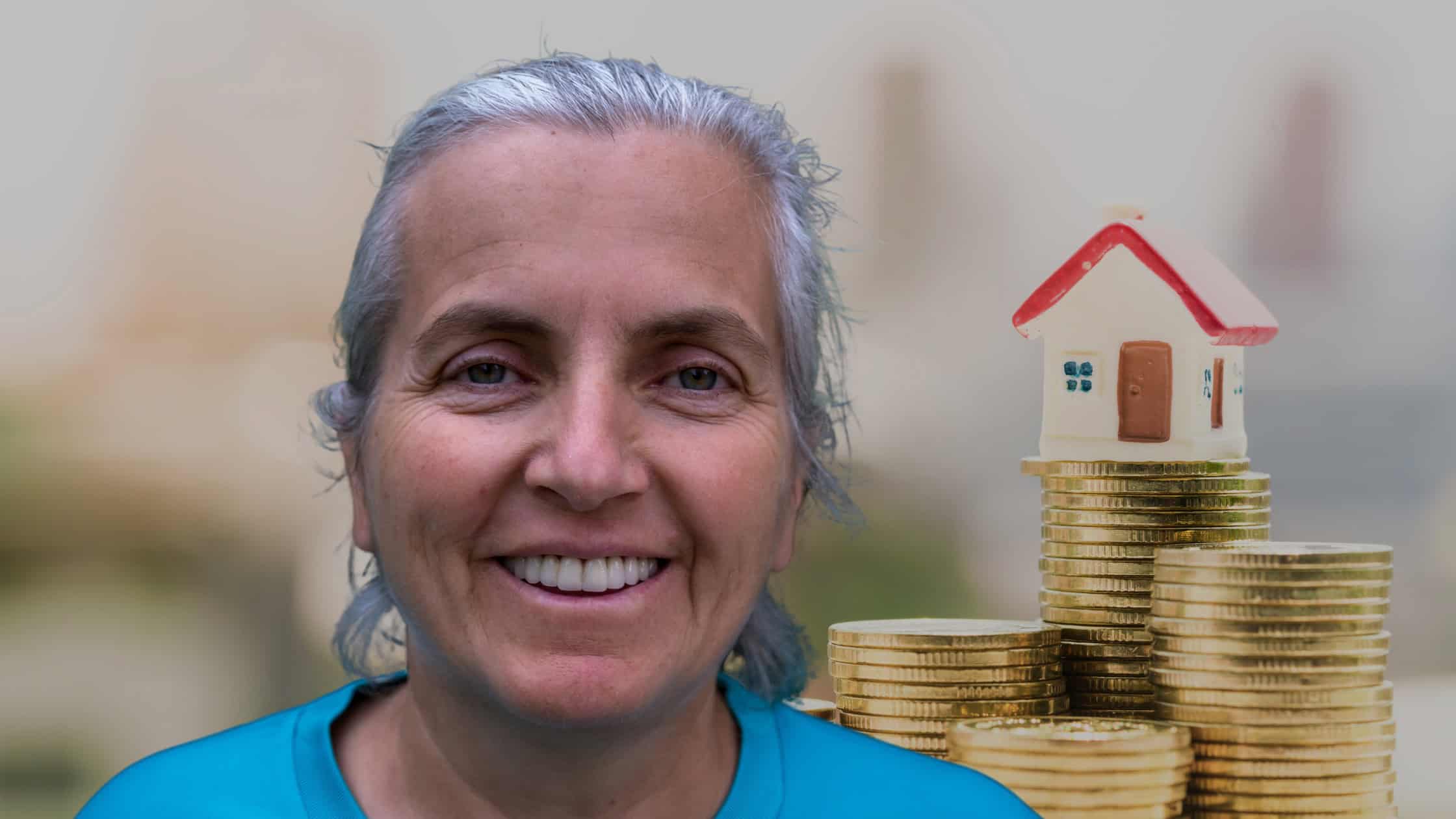Personal Finance
At 37 with nearly $1 million in cash, I'm cautious about upgrading my home — am I too conservative?

Published:

Many people warn about lifestyle creep, and rightfully so. If your expenses grow faster than your income, it’s difficult to save up for your future.
However, some people take it a bit too far and penny-pinch all of their expenses. People who raise their income may want to spend additional money to upgrade their lifestyle, as long as it is in moderation.
A 37-year-old attorney who makes more than $1 million per year recently posted in the Fat FIRE subreddit. He has $980,000 in CDs and cash and $300,000 in a 401(k). The attorney also owns $1.5 million worth of shares in his firm.
The attorney has a wife and child. They have all been living in the same house since 2012, but he’s thinking aboutupgrading to a $1.5-$2.0 million home. Does that move make sense? I’ll share my thoughts, but it’s always good to talk with a financial advisor if you can.
The 28% rule reveals the maximum amount you should pay for a house each month. While too much lifestyle creep is bad, it’s okay to upgrade your lifestyle in moderation. The best high-yield savings accounts are paying way more than most Americans realize, with some offering cash bonuses for new accounts. Click here to see our top pick today. (Sponsored)
Key Points

Many financial experts suggest having a mortgage payment that is less than 28% of your monthly income. For instance, if you earn $10,000 per month, your mortgage shouldn’t cost $2,800 per month.
This rule isn’t practical for everyone. Housing prices, the cost of living, and the average salary in the area suggest that some people have to spend more than 28% of their income on the mortgage.
However, the attorney can maintain the 28% rule with a house valued at between $1.5m-$2.0m. The attorney makes more than $100,000 per month, and it’s unlikely that a house in the attorney’s price range will have a monthly mortgage payment above $20,000.
Sometimes, it’s good to reward yourself with the money you have worked hard to earn. The attorney’s net worth and income make the 28% rule very doable, even for a high-end home.
The attorney also mentioned that he had $980,000 in cash and CDs. That’s a bit too much money in low-risk assets for a 37-year-old. More of those funds should be allocated to stocks. You don’t even have to pick individual stocks, as some of the top ETFs allow you to outperform the stock market.
It will feel easier to make a big purchase if your remaining money is working harder for you. The Redditor seems to berisk averse, based on the fear that his income can go away at any moment. The attorney is also in a neighborhood that isn’t earning at his level.
However, stocks have historically outperformed inflation, with some investments delivering life-changing returns. The attorney can go with a basic investing strategy, such as buying and holding index funds. With that amount of money, it’s better to preserve wealth than it is to take reckless risks. With that said, being too risk-averse can also be bad, as investors can miss out on great opportunities and underperform the rate of inflation.

It makes sense to upgrade your house if you have the financial resources and feel like your current house is too small. However, it’s good to assess your household and determine how much space you actually need.
A 5,000-square-foot house may feel too big for a family of three. While a 4,000-square-foot house may still feel too big, the attorney has worked hard enough to get a large house. I’m not suggesting that 4,000 square feet is the make-or-break number, but it’s good to know how many square feet you need before comparing properties.
The attorney is also putting himself in a good position by targeting a $1.5m-$2.0m home. That’s a high enough amount to get a lot of space while also putting it within range of other buyers. One of the problems with $5.0m-$10.0m homes is that they take much longer to sell. Fewer buyers have the financial resources or desire to pursue those types of homes. The attorney is in a good situation and may benefit from upgrading their house.
The last few years made people forget how much banks and CD’s can pay. Meanwhile, interest rates have spiked and many can afford to pay you much more, but most are keeping yields low and hoping you won’t notice.
But there is good news. To win qualified customers, some accounts are paying almost 10x the national average! That’s an incredible way to keep your money safe and earn more at the same time. Our top pick for high yield savings accounts includes other benefits as well. You can earn up to 3.80% with a Checking & Savings Account today Sign up and get up to $300 with direct deposit. No account fees. FDIC Insured.
Click here to see how much more you could be earning on your savings today. It takes just a few minutes to open an account to make your money work for you.
Thank you for reading! Have some feedback for us?
Contact the 24/7 Wall St. editorial team.